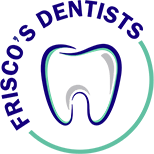There has been some speculation for some time that asthma and tooth decay are linked somehow, but according to a recent study published in the September 2010 issue of the Journal of the American Dental Association, there is no correlation, only coincidence.
The study examined 29 research studies regarding the subject that were published between 1976 and March 2010. The team believed that the origins of the suggested link between asthma and cavities come from statements made by ER staff who see children with poorly managed asthma. These same children could also be more likely to manage their dental health poorly, and therefore, they have more cavities than non-asthmatic children.
The first author of the study, Gerardo Maupomé, B.D.S., M.Sc., Ph.D., professor of preventive and community dentistry at the Indiana University School of Dentistry, said that “It’s reasonable to believe that poor clinical management may be associated with both conditions, not that asthma causes the cavities.”
He further stated that they found little evidence that suggests asthma causes tooth decay at all. “In fact, the two largest studies we reviewed found that children with asthma appear to have fewer cavities than others,” Dr. Maupomé said. He also pointed out that this could be because their parents are more used to taking them to doctor’s appointments due to their asthma, so, therefore, they routinely take them to the dentist as well.
Due to the many variables involved with asthma, such as the severity of the symptoms and the numerous types of treatment, it’s too difficult to absolutely determine whether one causes the other.
So even though parents of asthmatic children do not need to worry about an increased risk for cavities, there is a possibility that children who use nebulizers for asthma control could be exposing their teeth to more sugar than others since nebulizers use fructose (a form of sugar) to deliver the treatment. It has also been found that using nebulizers–and other non-asthma medications–for the long term can reduce the amount of saliva, which is your teeth’s first line of defense.
It is also highly recommended that children who are mouth breathers or who have mouth dryness be checked by their dentists slightly more often than other children. These conditions are sometimes associated with asthma, but non-asthmatic children can have these issues too.
If you have any questions regarding how your child’s asthma or asthma treatment could be affecting his or her teeth, do not hesitate to ask your dentist at your child’s next appointment.

